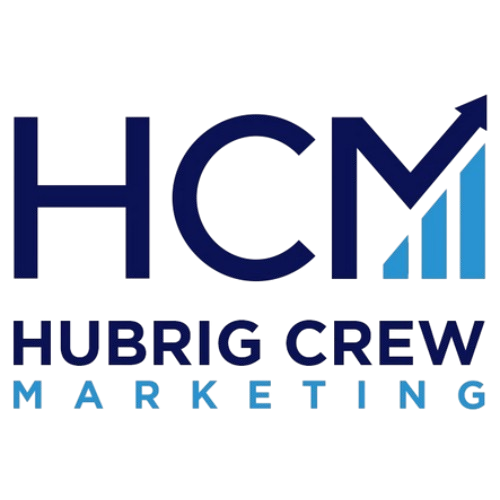The Importance of Online Marketing for B2B
Did you know that 74% of B2B buyers regularly use online platforms for their purchases? This compelling statistic underscores the crucial role of online marketing in B2B sectors. In today’s digital landscape, having a robust online presence isn’t just beneficial; it’s essential for success.
Unlike B2C marketing, which targets individual consumers, B2B marketing strategies focus on connecting with businesses, decision-makers, and professionals. This involves longer sales cycles and emphasizes relationship-building through informative content and personalized communication. As noted by industry expert Jane Doe, “B2B marketing is about crafting a narrative that fosters trust and showcases expertise.”
Moreover, B2B buyers are increasingly expecting a seamless digital experience, akin to retail environments. With 31% of buyers facing technical issues during checkout, businesses must refine their digital strategies to meet these expectations. By leveraging online marketing, B2B companies can enhance brand visibility, drive website traffic, and improve lead generation, ultimately increasing conversions and sales.
Key Elements of a B2B Online Marketing Strategy
Understanding Your Target Audience
Identifying and understanding your target audience is the foundation of an effective B2B marketing strategy. Use tools like sales intelligence to pinpoint decision-makers and create Ideal Customer Profiles (ICPs) that focus on their needs and pain points.
Creating High-Quality Content
Develop content that resonates with diverse B2B stakeholders. Focus on producing comprehensive materials, such as blog posts, videos, and white papers, that address every stage of the customer journey.
Utilizing SEO and Keywords
Focus on SEO strategies tailored for B2B markets. Conduct thorough keyword research to identify specific, low-volume queries and optimize landing pages to improve search engine rankings.
Leveraging Social Media Platforms
Engage with potential customers on platforms where they are active. Use these channels to distribute your content and interact with your audience directly, building trust and brand authority. Consider paid social advertising to enhance your reach.
Implementing Email Marketing Campaigns
Email marketing remains a powerful tool for nurturing leads. Personalize your campaigns to address individual needs and stages in the buying process for better engagement and conversion rates.
Using Paid Advertising Effectively
Invest in targeted paid advertising to reach specific B2B audiences. Utilize platforms like LinkedIn and Google Ads to ensure that your ads appear in front of the right decision-makers. Explore PPC management strategies to maximize your advertising budget.
| Tactic | Purpose |
|---|---|
| Target Audience Analysis | Identify and engage key decision-makers |
| Content Creation | Drive engagement across the customer journey |
| SEO Optimization | Enhance visibility and search rankings |
| Social Media Engagement | Build trust and brand authority |
| Email Campaigns | Personalize communication to nurture leads |
| Paid Advertising | Reach targeted B2B audiences effectively |
Differentiating Your Brand Online
Consider the story of a B2B company that struggled to stand out in a saturated market. By honing their unique selling proposition (USP), they identified what made them truly distinct: a commitment to customer-centric innovation. This USP became the cornerstone of their marketing narrative, positioning them as leaders in their niche.
Building a strong brand identity is key in B2B marketing. It involves clarifying your company’s values and ensuring that every element of your brand reflects these principles. Engaging storytelling techniques, such as crafting narratives that resonate with your audience’s needs and emotions, make your brand memorable and relatable. “Our partnership with [Company] transformed our operations and exceeded all expectations,” says a satisfied customer.
Incorporating customer testimonials and case studies can further bolster your brand’s credibility. Sharing real-life success stories not only highlights the effectiveness of your solutions but also builds trust with potential clients. By leveraging these strategies, your brand can truly stand out online and leave a lasting impression on your audience.
Effective Lead Generation Techniques
In the world of B2B marketing, lead magnets are indispensable. These incentives, such as product demos and white papers, attract potential customers by offering value in exchange for contact information. A case in point is a software company that increased its lead database by 40% in six months through free trial offers and comprehensive product walkthroughs.
Optimizing landing pages is another critical step. By using clear copy and engaging visuals, and eliminating distractions like navigation bars, businesses can significantly improve their conversion rates. Adding social proof through testimonials can further enhance credibility.
Webinars and online events have become increasingly popular, with 73% of marketers recognizing them as top tools for generating quality leads. They allow for real-time interaction, which not only engages potential leads but also provides insights into their needs and preferences.
Finally, nurturing these leads through personalized email sequences helps maintain interest and guide prospects through the sales funnel. By implementing these effective techniques, businesses can create a robust lead generation strategy that maximizes their marketing success.
Nurturing and Converting Leads
Successfully nurturing and converting leads in the B2B space requires a deep understanding of the buyer’s journey. Each stage offers a unique opportunity to engage and build trust with potential customers.
To effectively nurture leads:
- Personalize Communication: Tailor your messages to address specific pain points and interests. Personalized emails can increase transaction rates by up to 6 times.
- Utilize Marketing Automation Tools: Streamline your efforts by automating repetitive tasks. Tools like CRM systems can help manage and nurture leads efficiently.
- Track Engagement Metrics: Monitor how leads interact with your content. This data helps refine your approach and offers insights into what resonates with your audience.
“Personalization isn’t just about addressing someone by their name; it’s about understanding their needs and delivering content that speaks to them,” says marketing expert Jane Doe.
By focusing on these strategies, businesses can not only nurture leads but also guide them towards conversion. This approach ensures a seamless transition from interest to action, enhancing the overall effectiveness of your B2B marketing strategy.
Mobile Optimization Strategies
With over half of B2B decision-makers using mobile devices to research products, it’s essential for businesses to prioritize mobile optimization.
Importance of Mobile-Friendly Websites
Having a mobile-friendly website is crucial. It enhances user experience with faster loading times and easy navigation, leading to higher engagement and conversion rates. Additionally, mobile optimization offers SEO benefits, improving visibility in search results.
Best Practices for Mobile Marketing
Effective mobile marketing involves using responsive design, mobile email marketing, and engaging visuals. Incorporating visual content and videos can significantly boost retention and engagement.
Utilizing SMS and Push Notifications
SMS and push notifications are powerful tools for reaching your audience instantly. They can be used to deliver timely updates and personalized offers, enhancing customer engagement.
Analyzing Mobile Traffic and Engagement
Understanding mobile interactions is key. Use tracking tools like UTM parameters to analyze how mobile impacts desktop conversions and adjust strategies accordingly. This data-driven approach helps refine campaigns and improve performance.
| Aspect | Mobile | Desktop |
|---|---|---|
| Engagement Rate | Higher | Moderate |
| Conversion Rate | Increasing | Stable |
| SEO Priority | High | Moderate |
The Role of Analytics in Marketing Success
In the realm of B2B marketing, data tracking plays a pivotal role in measuring success. By providing real-time performance monitoring, businesses can adjust their strategies promptly to foster growth. Data tracking also aids in evaluating market trends and assessing risks, ensuring efficient resource allocation.
Monitoring key performance indicators (KPIs) is essential for guiding marketing strategies. Important metrics include website traffic, bounce rate, and conversions. These KPIs offer insight into user engagement and the effectiveness of marketing campaigns, allowing businesses to make informed decisions.
To optimize marketing performance, various tools can be utilized. Platforms like Cognism provide sales intelligence, while Pardot offers detailed analytics for lead management. Such tools facilitate data-driven decision-making, enhancing the precision and effectiveness of marketing efforts.
“The power of analytics lies in its ability to transform data into actionable insights, guiding businesses toward continuous growth and innovation.”
By leveraging analytics, B2B companies can predict future trends, tailor marketing campaigns, and ultimately achieve a higher return on investment. Continuous monitoring and adaptation are key to thriving in today’s competitive digital landscape.
Key Takeaways and Actionable Steps
As we conclude our exploration of effective B2B online marketing strategies, it’s essential to recap the key tactics discussed. From understanding your audience to leveraging data tracking for real-time insights, each step is vital for driving success.
- Focus on creating high-quality content that resonates with your target audience, enhancing engagement and trust.
- Utilize key performance indicators (KPIs) to monitor your strategy’s effectiveness and make data-driven adjustments.
- Adopt tools like Cognism and Pardot for optimizing campaigns and nurturing leads.
- Embrace mobile optimization to reach your audience wherever they are, ensuring a seamless experience.
For immediate implementation, refine your content strategy and enhance your SEO efforts. Leverage analytics to understand what works best and adapt quickly to changes in the market landscape.
To stay ahead, commit to continuous learning and adaptation. The digital landscape is ever-evolving, and staying informed will ensure you remain competitive.
Now is the time to act. Integrate these strategies into your marketing efforts and watch as your B2B business thrives in the digital age. Ready to get started?



